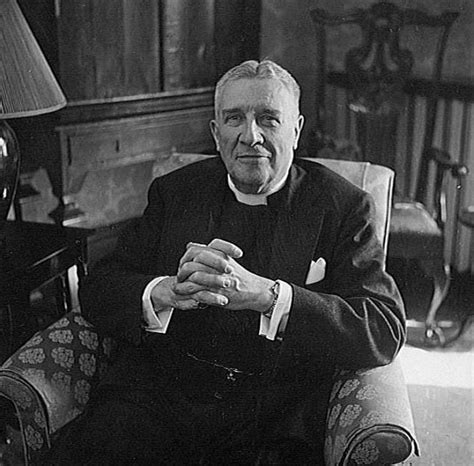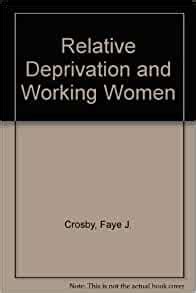A Quote by Stendhal
Related Quotes
[The church] is in its major part an opponent still of progress and improvement in all the ways that diminish suffering in the world, because it has chosen to label as morality a certain narrow set of rules of conduct which have nothing to do with human happiness; and when you say that this or that ought to be done because it would make for human happiness, they think that has nothing to do with the matter at all. "What has human happiness to do with morals? The object of morals is not to make people happy.
To diminish envy, let us consider not what others possess, but what they enjoy; mere riches may be the gift of lucky accident or blind chance, but happiness must be the result of prudent preference and rational design; the highest happiness then can have no other foundation than the deepest wisdom; and the happiest fool is only as happy as he knows how to be.
The epithet beautiful is used by surgeons to describe operations which their patients describe as ghastly, by physicists to describe methods of measurement which leave sentimentalists cold, by lawyers to describe cases which ruin all the parties to them, and by lovers to describe the objects of their infatuation, however unattractive they may appear to the unaffected spectators.
Everybody gets a tag. If you listen to a Velvet Underground record, you don't think, 'Godfathers of Punk.' You just think, 'This sounds great.' The tags are there in order to help try to sell something by giving it a name that's going to stick in somebody's memory. But it doesn't describe it. So 'depressing' isn't a word I would use to describe my music. But there is some sadness in it -- there has to be, so that the happiness in it will matter.
The belief that happiness has to be deserved has led to centuries of pain, guilt, and deception. So firmly have we clung to this single, illusory belief that we've almost forgotten the real truth about happiness. So busy are we trying to deserve happiness that we no longer have much time for ideas such as: Happiness is natural, happiness is a birthright, happiness is free, happiness is a choice, happiness is within, and happiness is being. The moment you believe that happiness has to be deserved, you must toil forevermore.
Combining paid employment with marriage and motherhood creates safeguards for emotional well-being. Nothing is certain in life, but generally the chances of happiness are greater if one has multiple areas of interest and involvement. To juggle is to diminish the risk of depression, anxiety, and unhappiness.
Lenten practices of giving up pleasures are good reminders that the purpose of life is not pleasure. The purpose of life is to attain to perfect life, all truth and undying ecstatic love - which is the definition of God. In pursuing that goal we find happiness. Pleasure is not the purpose of anything; pleasure is a by-product resulting from doing something that is good. One of the best ways to get happiness and pleasure out of life is to ask ourselves, 'How can I please God?' and, 'Why am I not better?' It is the pleasure-seeker who is bored, for all pleasures diminish with repetition.





































